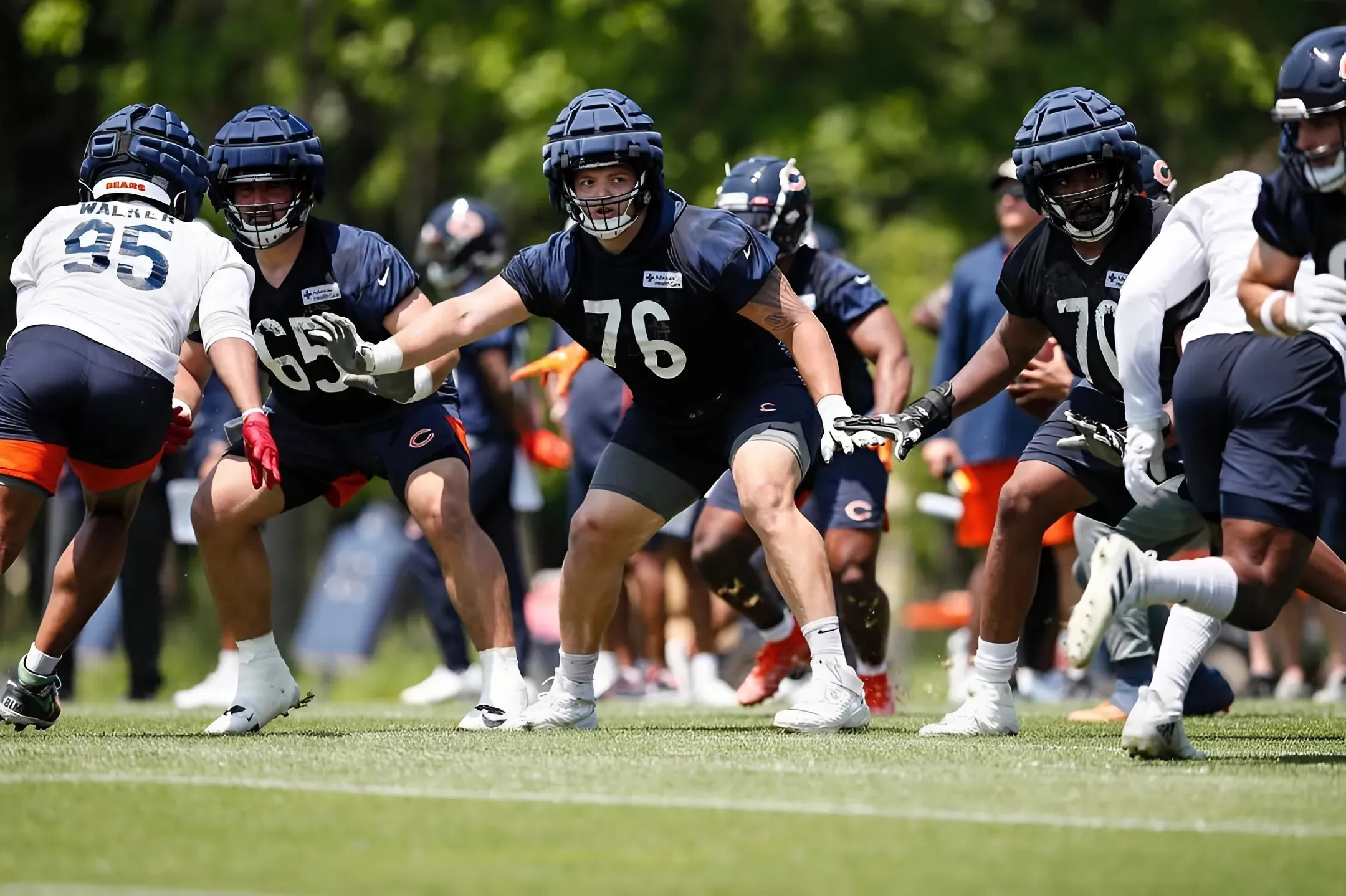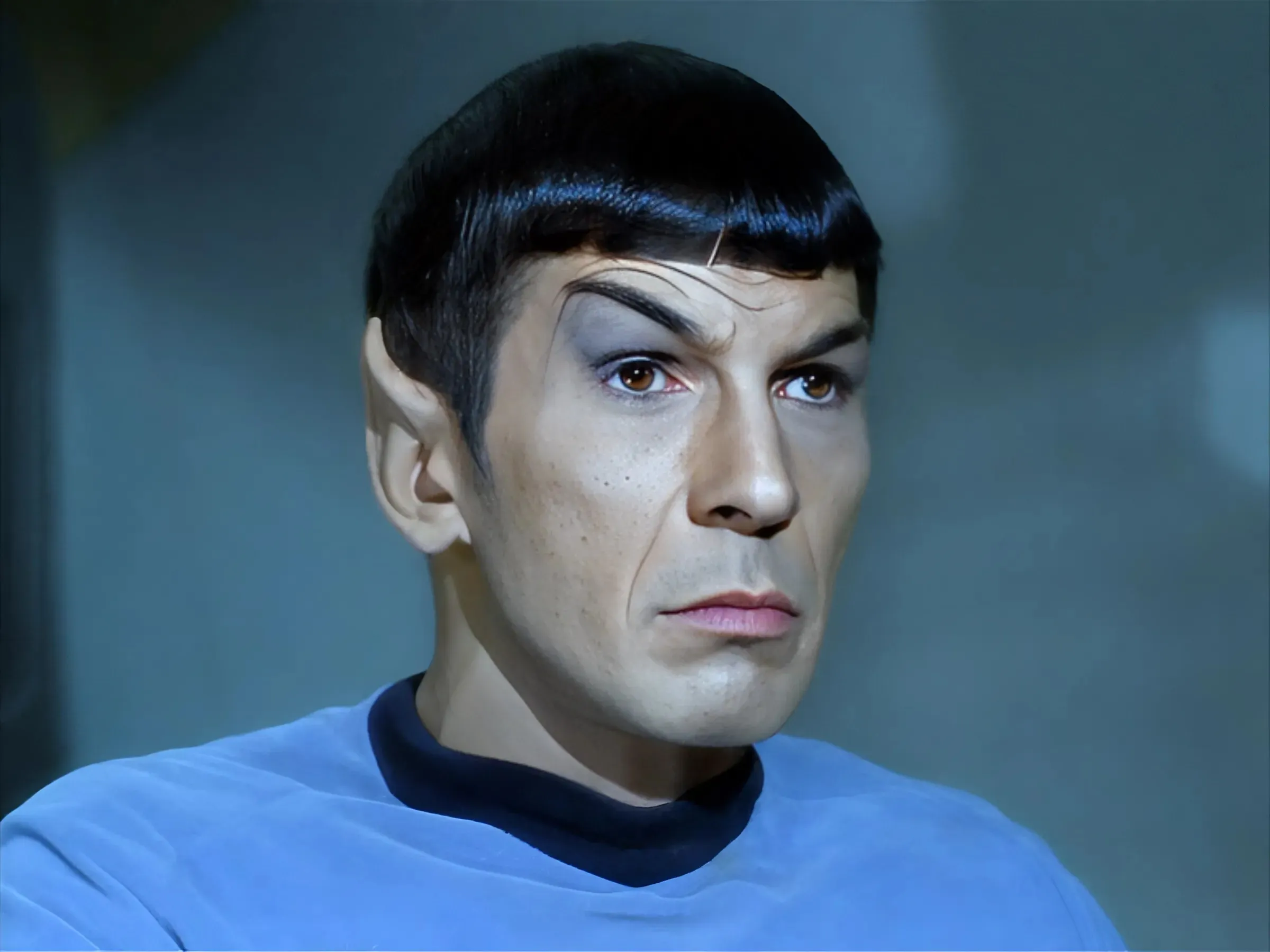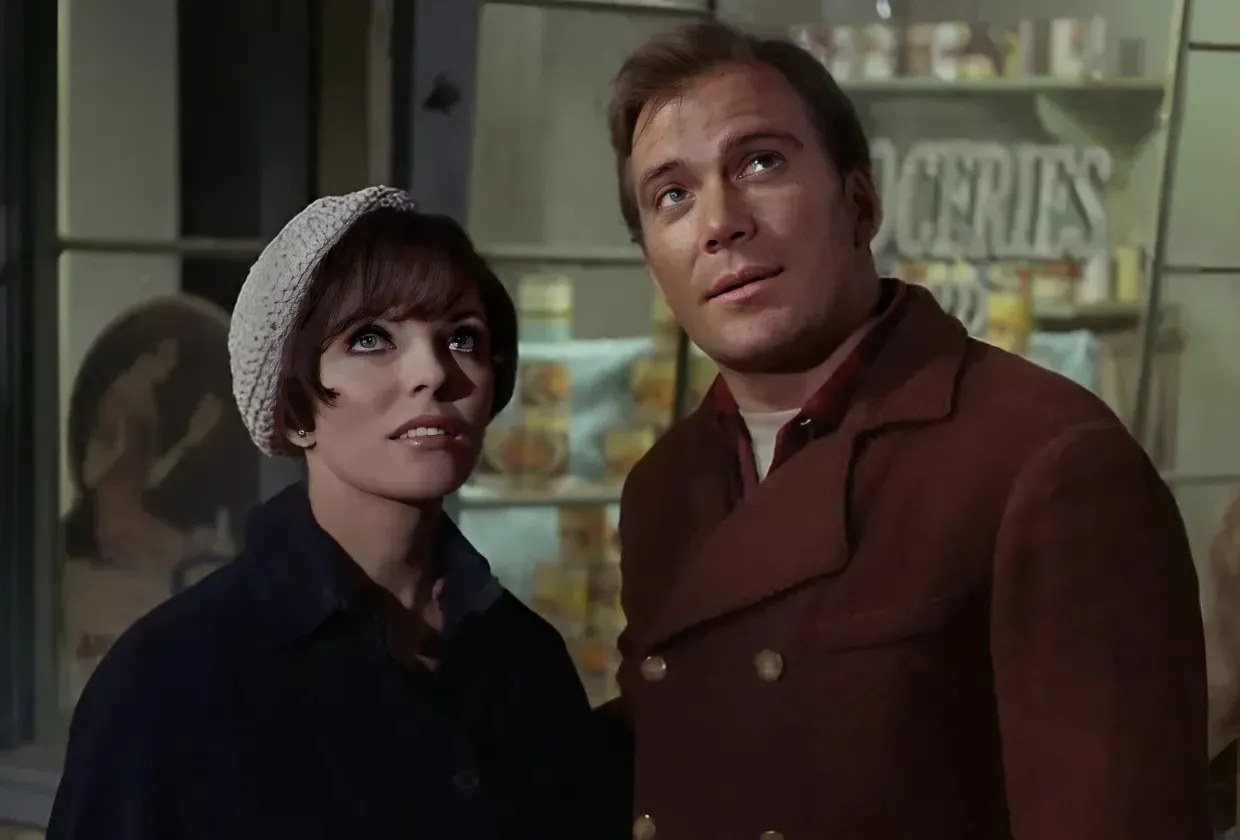Bill Belichick has almost reinvented himself since the future NFL Hall of Fame coach and the New England Patriots’ “mutually agreed to part ways”. He spent 2024 out of football for the first time in 50 years before taking over the sports air ways with his bomb shell decision to take the head coaching job at the University of North Carolina.

In his time away, Belichick worked on his debut publication “The Art of Winning: Lessons from My Life in Football”, set to release on May 6th of this year. In the book that Seth Wickersham of ESPN gained early access to, Belichick discusses what he believes to be his greatest coaching failures.
“Classic Belichick, he spends more time on his mistakes than his historic successes,” wrote Wickersham. “Why he opened the door for Brady to leave in 2020 is looped in with a slew of players unaffordable for salary cap reasons…”
The decision to let Brady walk is accompanied by elaboration on various famous mishaps that have drove Patriots’ Nation crazy for decades, but other blunders remain excluded.
“Why the Patriots loved but passed over Lamar Jackson in the 2018 draft is given some real estate,” tortures Wickersham. “Insight into why Malcolm Butler was benched in Super Bowl LII is ignored; why Belichick erred in not activating a defensive lineman named Dan Klecko in Super Bowl XXXVIII is studied.”
Belichick writes about relationships he has built around the world thanks to football, but one specific member of New England’s personnel is noticeably left out.
“Non-football influences, from Jack Welch to Steve Jobs to hedge fund manager Ray Dalio, get shoutouts,” wrote Wickersham. “So does Roger Goodell, for helping to make ‘the NFL a great league.’ Perhaps unsurprisingly, Robert Kraft receives nary a mention.”
Insight Into Belichick’s Mind Set
Also taking notice of Bill Belichick’s reinvention in the public eye was Wickersham.
“Why would an economics major who is famous for making shrewd decisions give away secrets, in a ruthless sport in which he still traffics? The answer, in part, is due to his father,” wrote Wickersham. “In 1962, Steve Belichick wrote ‘Football Scouting Methods,’ one of the most influential football books ever. Steve did it while he was still in the game. If father can, so can son. Bill feels in debt to the sport. ‘I hope that this book can give back some of what I have taken from football,’ (Belichick) writes.”
Belichick also confirms the one thing many of us assumed we knew about him before he was uncharacteristically away from the game for a full year.
“There are players who put everything they have into the game because they can’t imagine doing anything else,” Belichick writes in the unreleased auto-biography. “I’m like that. I don’t need coffee; I need more hours in the day.”
Wickersham displays an understanding of Belichick’s relationship with winning and includes excerpts that provide an insight into that mindset.
“Belichick writes that his program is ‘not for everyone. Neither am I. But to get to the top, and stay there, is close to impossibly hard.’,” writes Wickersham. “Towards the end of the book, Belichick ponders his view of himself and maybe self-worth. ‘Has every year that I’ve failed to win a Super Bowl been a failure? Big picture? Maybe not. But I live in my picture.'”
Above All, It Is A Book About Coaching
Including stories from specific games in his 50 year career alongside chronicles from relationships built with other legends of the game, Wickersham writes that above all else it is a book about coaching.
“But at its core, Belichick is writing for a subset of a subset of a subset of football minds, the truly and spectacularly obsessed,” Wickersham writes. “They will find virtue in it, and in Belichick himself, even if they don’t like him — even if they have wondered, as many owners, GMs, and coaches have, if his system works when he’s not at the head of the table.”

-1749733593-q80.webp)

